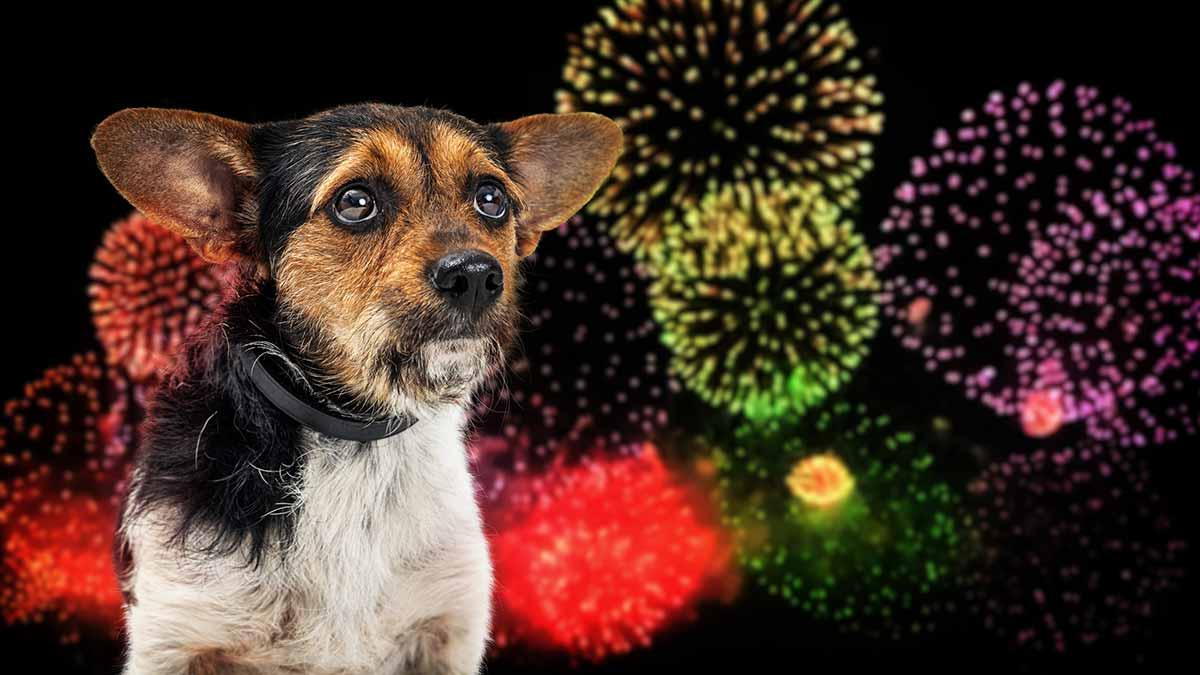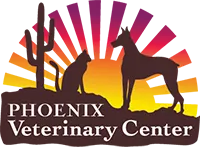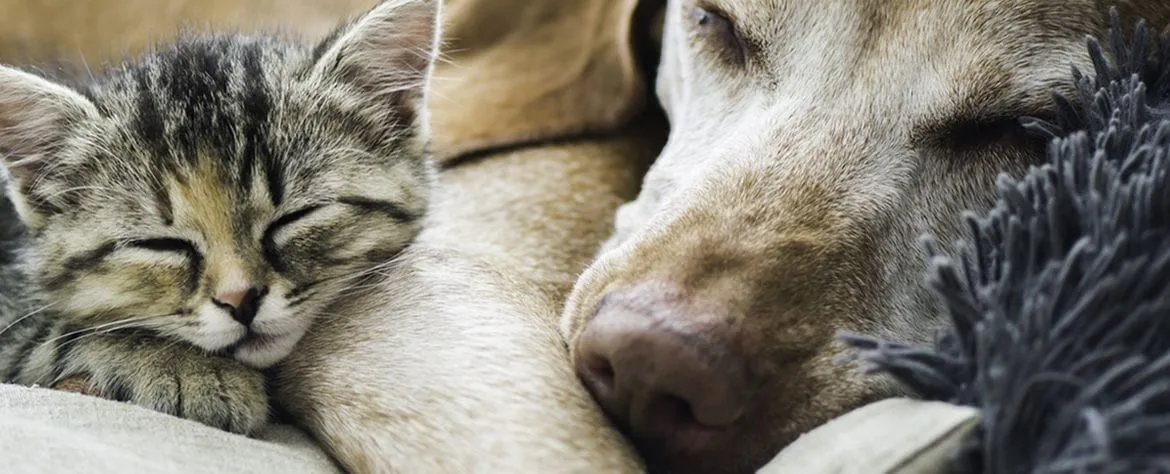
For many dog owners, the colorful spectacle of a fireworks display, a hallmark of events like the Fourth of July and New Year’s Eve, often comes with a less welcome side effect: a frightened pet. The loud noises, flashing lights, and general chaos that accompany fireworks can create significant stress for dogs. Understanding why dogs are scared of fireworks, recognizing the symptoms of firework anxiety, and knowing how to effectively manage it can help make these festive occasions more enjoyable for both pets and their owners.
The startling nature of fireworks—with their loud booms and bright flashes—triggers an instinctual fear response in many animals, similar to the human fear response. This response can be more pronounced in dogs due to their acute hearing and their natural sensitivity to their environment. Additionally, certain factors such as a dog’s age, their previous experiences, and their general temperament can influence their reaction to fireworks.
As a pet owner, recognizing the causes and symptoms of firework anxiety in dogs, especially in older dogs, and preparing in advance to manage their stress can ensure that celebrations remain fun for everyone involved. This includes creating a safe space, using anti-anxiety tools, and potentially consulting with a vet for prescription medications if the anxiety is severe.
Symptoms of Firework Anxiety in Dogs
Dogs experiencing firework anxiety may exhibit a range of behaviors that signal their distress. Common signs include excessive barking or howling in response to the noise of fireworks prompts, trembling, pacing, and attempting to escape the house or yard. Some dogs may also show more subtle signs such as drooling, yawning, or hiding—an animal's fear response to the unpredictable and loud sounds.
The severity of these symptoms can vary greatly from one dog to another. Some may exhibit a dramatic fear response, seeking out hiding places or becoming clingy with their owners. Others might attempt to run away or become aggressive out of fear. Understanding these signs is crucial for dog owners to intervene appropriately to manage their pet’s stress.
By offering treat-filled puzzle toys, creating distractions with white noise, or providing a comfortable and secure environment, pet owners can help alleviate some of the stress their dogs experience during a fireworks show.
How to Calm Your Dog During Fireworks
Calming a dog during a fireworks display involves both preparation and reactive measures. Establishing a safe space in a quiet, sheltered part of the home can help. This space should be accessible to your dog at all times and stocked with their favorite comforts like blankets and toys. Using white noise or calming music to mask the sound of fireworks can also reduce stress for dogs.
For dogs with a known fear of fireworks or those who exhibit severe anxiety, consulting a veterinarian about anti-anxiety medication or other prescription medications may be necessary. These treatments can help manage your dog’s anxiety effectively, making fireworks less traumatic.
Behavioral techniques such as staying calm and providing reassurance can also help manage a dog’s anxiety. By remaining composed, pet owners can communicate a sense of safety to their dogs, helping to mitigate the fear triggered by the noise and flashes of light from active fireworks.
The Best Way to Tackle Firework Anxiety Is to Plan Ahead
Planning ahead is essential when managing a dog's firework anxiety. This means not only preparing your home and the environment to minimize stress but also potentially working with a professional trainer or a vet if your dog has a particularly intense reaction to fireworks. Starting preparations well before the anticipated fireworks event can make a significant difference in your dog's comfort level.
Training dogs to become accustomed to the sounds of fireworks through controlled exposure can be beneficial. Additionally, making sure that all windows and doors are secure will help prevent escapes during fireworks. It's also helpful to walk dogs earlier in the day before the fireworks start.
Preparing an emergency kit with all necessary items, such as your dog’s ID, medications, and a recent photo, can also be a proactive step. This ensures that should your pet escape or become lost, they can be returned safely.
5 Reasons Why Dogs Are Scared of Fireworks
Fireworks Generate a Sense of Threat
The loud bangs and bright flashes associated with fireworks naturally elicit a fear response in dogs, similar to their reaction to thunderstorms or gunshots. These sounds and sights are unfamiliar and can be perceived as a threat, triggering instinctive fears.
Lack of Early Exposure
Puppies or dogs that weren’t exposed to loud noises like fireworks, train whistles, or thunder at a young age may develop a fear of these sounds. Early exposure can help in normalizing potentially frightening sounds and reduce the stress of the firework anxiety as the dog matures.
Previous Traumatic Experiences Around Loud Noises
Dogs that have had bad experiences with loud noises in the past may associate any loud sounds with those negative memories. This ongoing stress response can be particularly pronounced during fireworks displays, which are typically louder and more intense than everyday noises.
Learned Behaviors from Other Dogs
Dogs can learn behaviors from observing other dogs. If a dog sees another dog reacting fearfully to fireworks, they might also begin to associate the sounds with something to fear. This can perpetuate a cycle of anxiety among multiple dogs in the same household.
Breed, Genetics, and Hormones Play a Role
Certain breeds may be more predisposed to develop fears and anxieties, including a fear of fireworks. Genetic factors can influence a dog’s temperament and reaction to stress. Hormonal imbalances can also exacerbate anxiety, making the fireworks experience more distressing.
How to Desensitize Dogs to Firework Sounds
Pair “Pops” with Fun
Gradually introducing the sounds of fireworks and pairing them with positive experiences can be an effective method to desensitize dogs. Play recordings of fireworks at low volumes while engaging your dog in enjoyable activities, such as playing or treat-based training sessions.
Train for Months
Desensitization is a slow process that requires consistency and patience. Start training months in advance of expected fireworks events. Gradually increase the volume of the firework sounds over several sessions, monitoring your dog's response and adjusting the training accordingly.
Intervene with Medication
In cases where behavioral training is not enough, intervention with medication under the guidance of a Phoenix veterinarian can help. Prescription medications and anti-anxiety treatments can reduce the intensity of your dog's fear response during fireworks, making the training process more effective and less stressful for both the dog and owner.
How to Prevent Escapes During Fireworks
Ensuring that your home is secure during fireworks displays is crucial to prevent your dog from escaping in a panic. Check that all fences and gates are sturdy and that there are no gaps through which a scared dog could squeeze. Keep windows and doors closed and locked, and supervise your pet when they need to go outside.
It’s also wise to update your dog’s microchip and tags with current contact information. This is a critical step in ensuring that if they do escape, they can be returned safely. Being proactive in managing the environment and securing your home can significantly reduce the risk of escape.
The Bottom Line
Fireworks need not be a source of terror for dogs if their owners are prepared and understand the best ways to support their pets during these events. By recognizing the symptoms of firework anxiety, implementing strategies to calm them, and planning ahead, pet owners can help their dogs cope with fireworks displays. This allows everyone in the family, including our furry friends, to have a more peaceful and enjoyable celebration.
Keep your pet calm and safe during fireworks! Contact Phoenix Veterinary Center today at (602)995-3757 for expert advice and personalized care solutions. Don't wait—prepare now and enjoy a stress-free celebration with your furry friend!



